President Donald Trump's campaign announced that the President's infamous MAGA rallies would resume following a pandemic-imposed hiatus. The first rally is set for June 19 in Tulsa, Oklahoma.
Amid a nationwide reckoning in regards to racism in the United States, the time and place of Trump's impending rally converges on two historical pillars of Black history in the country.
Effective on the first of the year in 1863, the Emancipation Proclamation issued by Abraham Lincoln changed the legal status of 3.5 million slaves in the confederacy. Given the scope of the southern states, it wouldn't be until June 19, 1865 that the proclamation was read to slaves in Texas—the last state left for the order to be announced.
Since 1866, June 19—or Juneteenth—has been celebrated as one of the definitive moments marking the end of slavery in the United States.
Flash forward to 1921. The Greenwood District in Tulsa, Oklahoma was the most prosperous Black community in the United States, often referred to as "Black Wall Street." In response to a shooting outside the courthouse where the case of a Black shoeshiner accused of assaulting a White woman was being heard, White rioters descended upon the Greenwood District,
They killed an estimated 300 of its residents and left thousands more homeless when almost every business and home was burned to the ground. Black Wall Street was destroyed by White violence. For decades, the massacre was omitted from history books and local accounts of Tulsa's history.
Journalist Dan Rather was among the many who noticed the setting of Trump's rally.
In the wake of continued protests of police brutality against Black people in the United States, Trump's announcement that his first rally would be held in Tulsa on Juneteenth presented a deeply insidious message.
Trump's latest White House press secretary, Kayleigh McEnany, addressed the outcry, but her answer left a lot to be desired.
Watch below.
McEnany said:
"The African American community is very near and dear to [Trump's] heart. At these rallies, he often shares the great work he has done for minority communities."
She went on to claim Trump "got criminal justice reform done" and praised him for continuing Obama-era trends of downward Black unemployment.
People weren't buying it.
Trump continues to oppose efforts to remove confederate flags, statues and namesakes from federal sites.



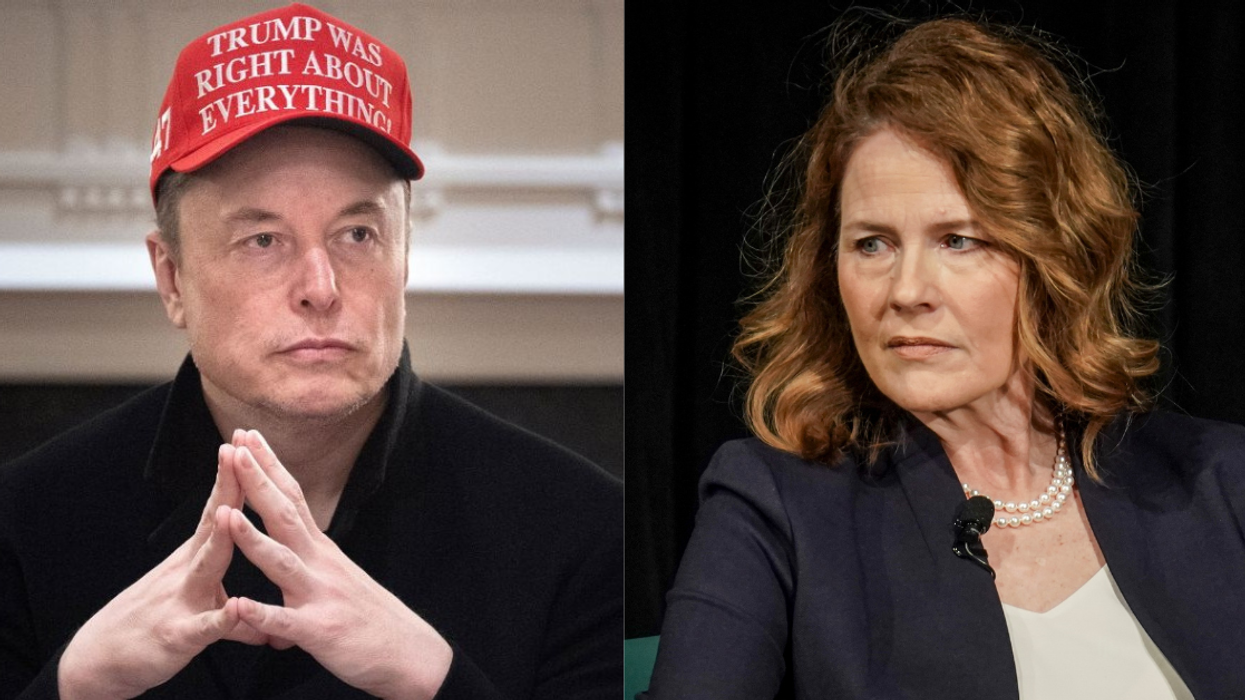

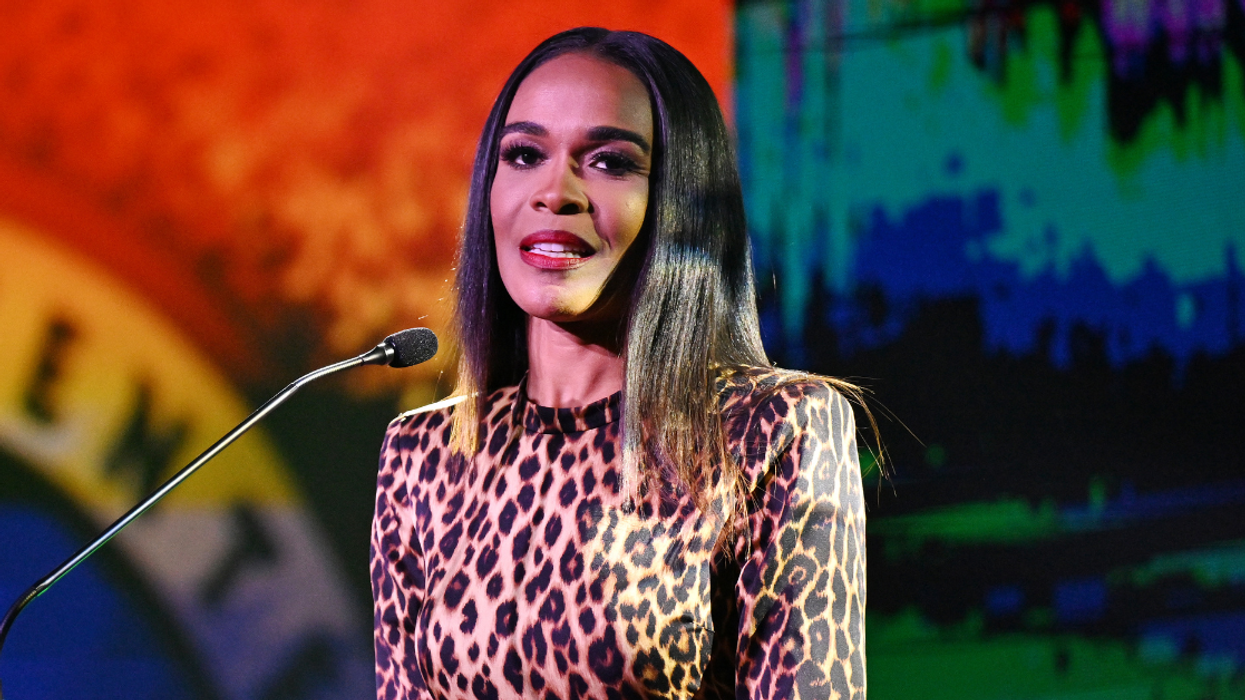

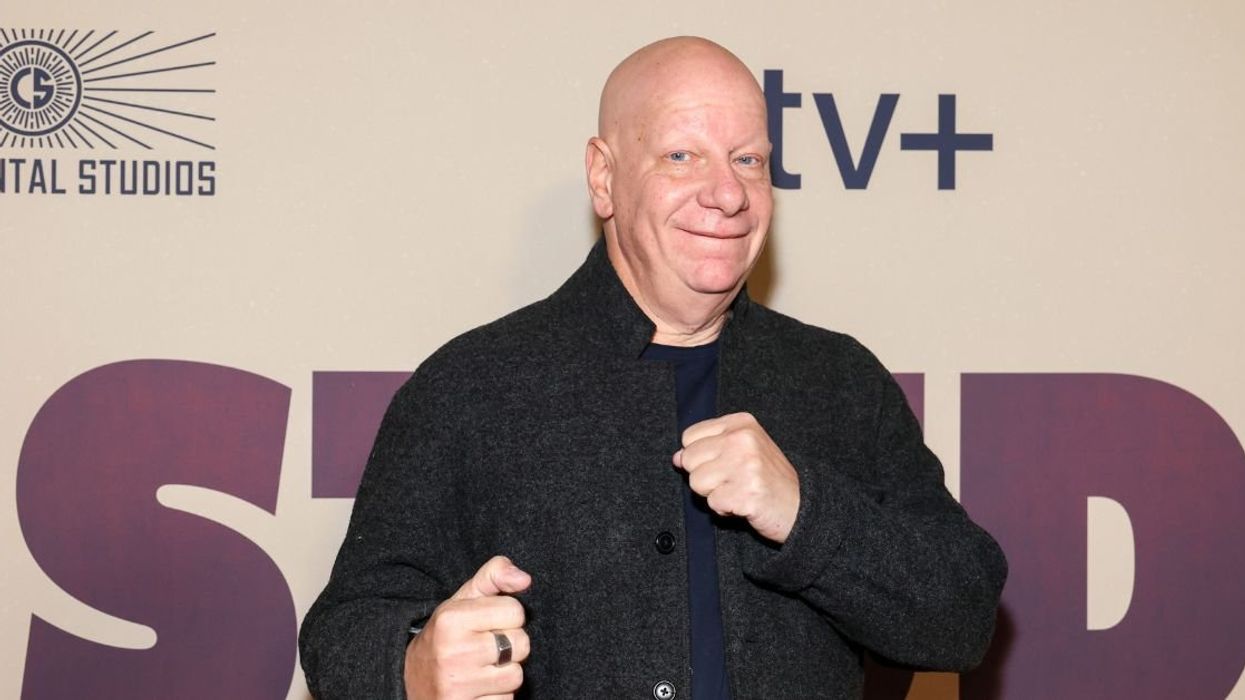
 @therealjeffreyross/Instagram
@therealjeffreyross/Instagram @therealjeffreyross/Instagram
@therealjeffreyross/Instagram @therealjeffreyross/Instagram
@therealjeffreyross/Instagram @therealjeffreyross/Instagram
@therealjeffreyross/Instagram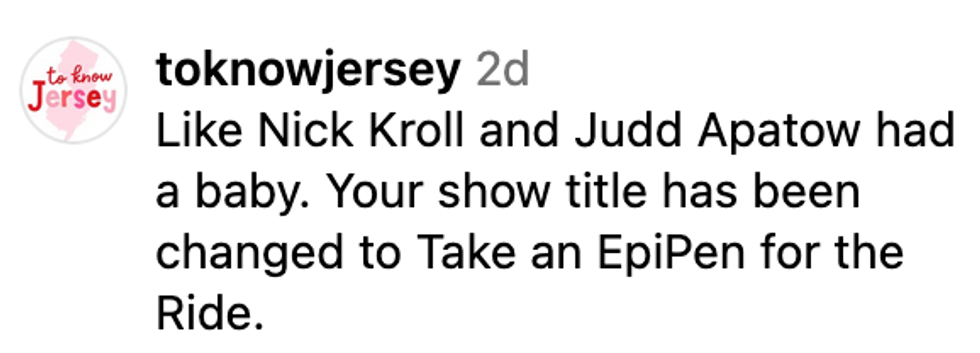 @therealjeffreyross/Instagram
@therealjeffreyross/Instagram @therealjeffreyross/Instagram
@therealjeffreyross/Instagram @therealjeffreyross/Instagram
@therealjeffreyross/Instagram @therealjeffreyross/Instagram
@therealjeffreyross/Instagram @therealjeffreyross/Instagram
@therealjeffreyross/Instagram @therealjeffreyross/Instagram
@therealjeffreyross/Instagram @therealjeffreyross/Instagram
@therealjeffreyross/Instagram




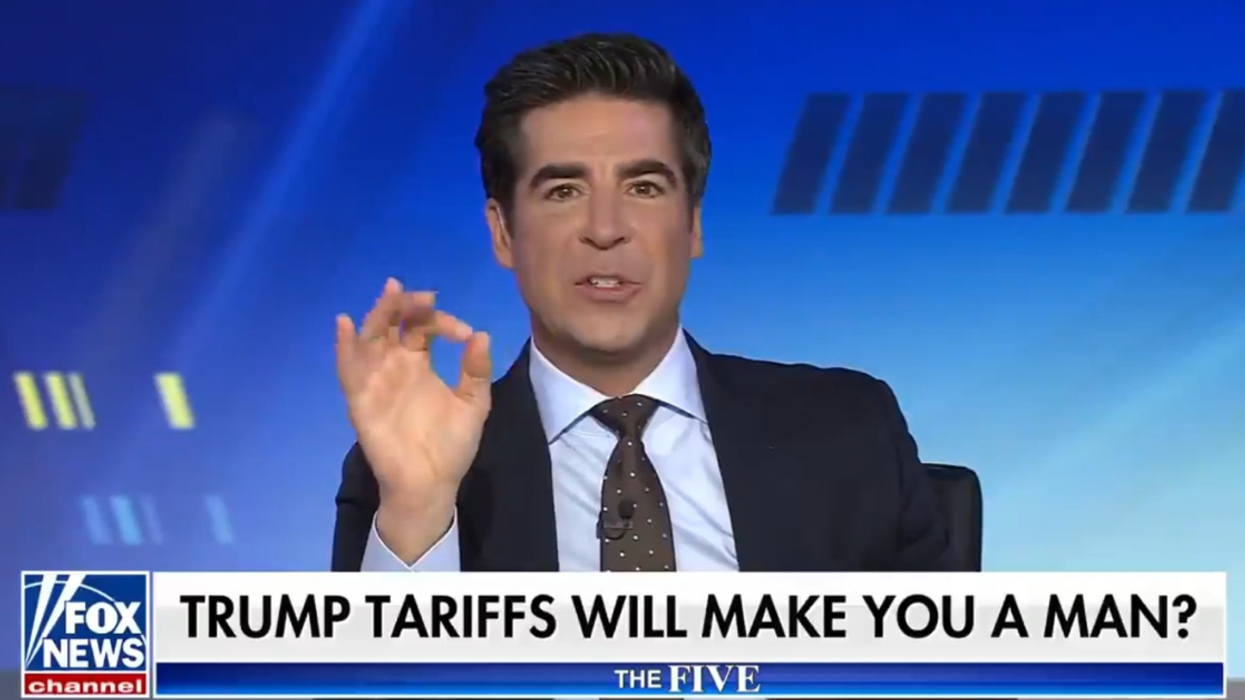



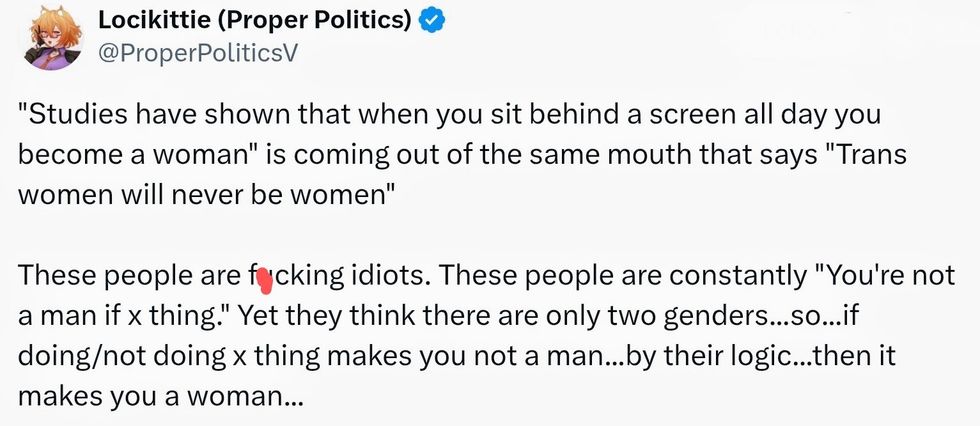
 @mikeredmond/Bluesky
@mikeredmond/Bluesky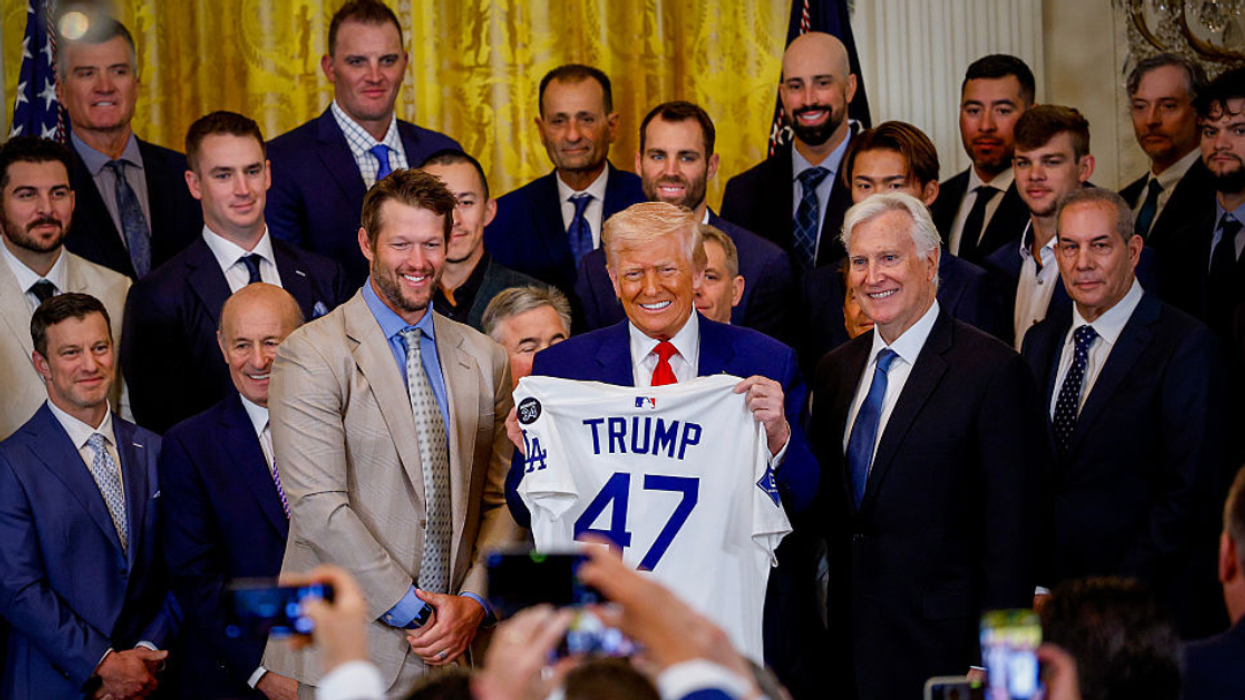

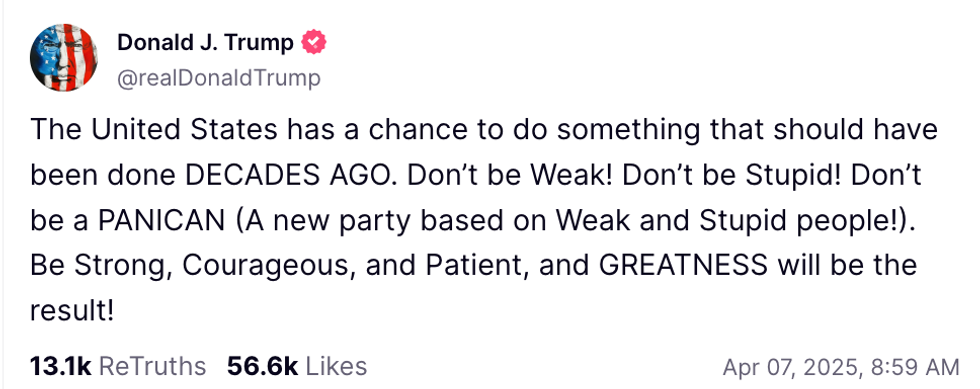 @realDonaldTrump/Truth Social
@realDonaldTrump/Truth Social